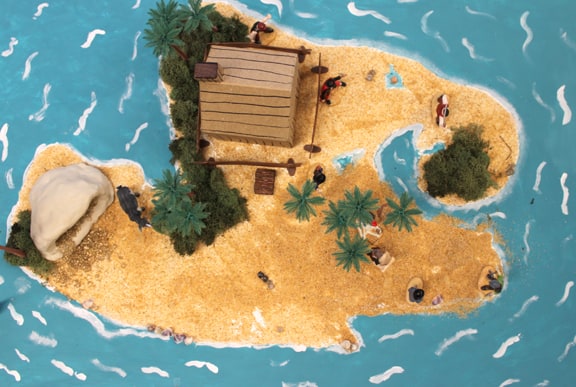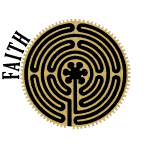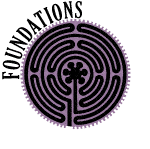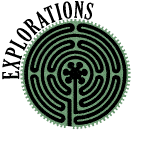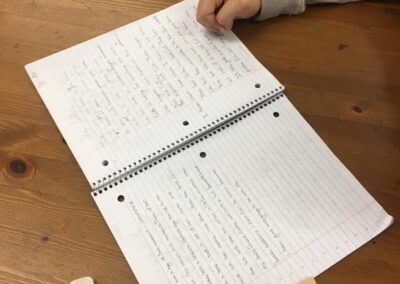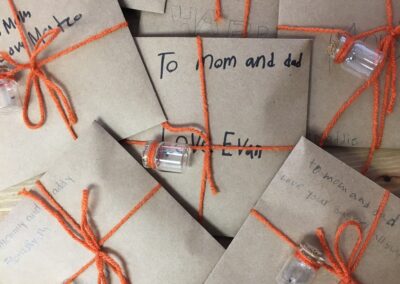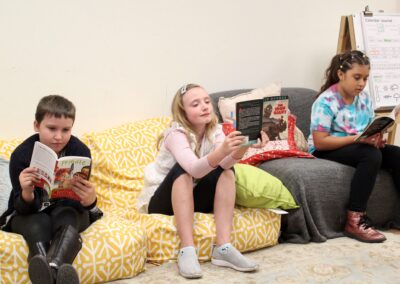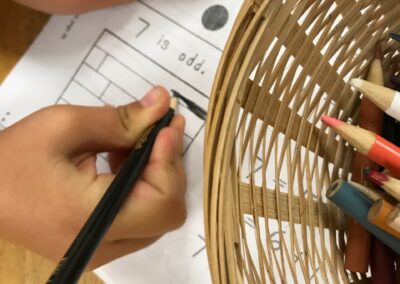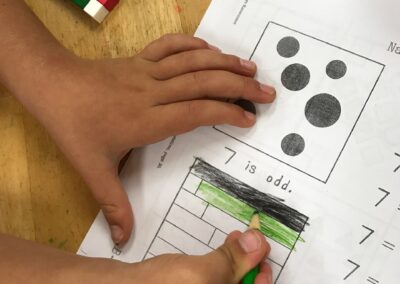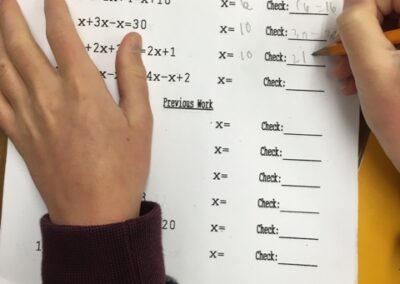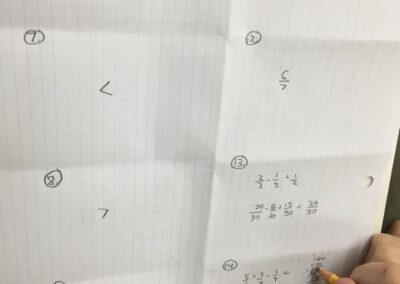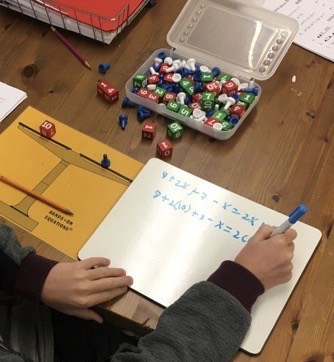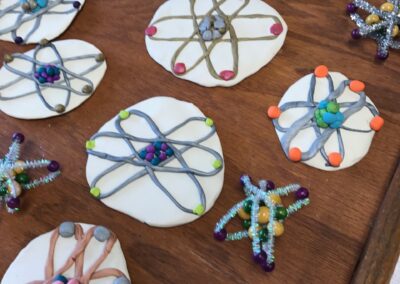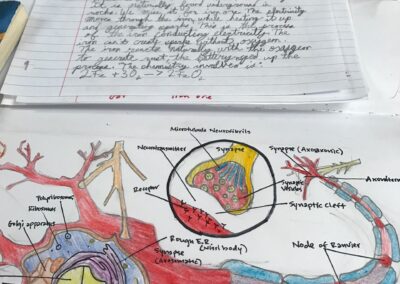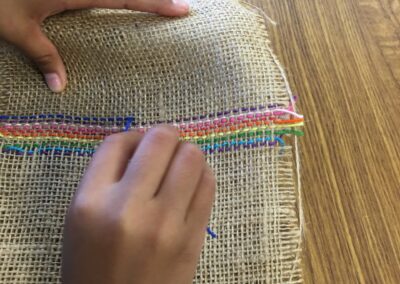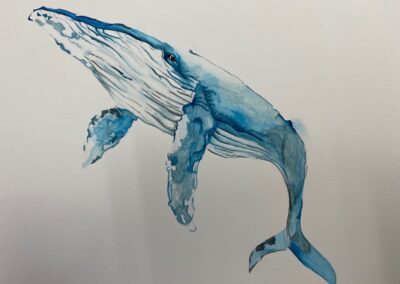Full Time Curriculum
The Guild MethodThe purpose of a Waterhouse education is to inspire and further the development of the moral, mental and imaginative capacity of the individual. The Guild Method is a three-stranded cord.
Faith
Let’s consider the word potential: having or showing the capacity to become or develop into something in the future. By definition, this word implies that effort is required to utilize that which God has imagined for us. Now consider the archaic meaning of this word: potent. Potent is strong, effective, compelling. We believe God has abundantly crafted into each of us tremendous unique potential.
Our desire is to awaken each child’s curiosity and natural desire for inquiry.
Becoming educated is an opportunity to explore the wonder of God’s creative magnitude—the work of learning is never boring. Our desire is to protect and promote the unique potential that God has crafted into each child and to, across all domains of learning, support children as they begin to recognize, value, and engage in their important work.
When education is a humdrum, soulless endeavor, we shrink the opportunity for children to marvel and revel in the created universe and to recognize the tremendous potential of individual purpose.
“Be who God imagined you to be and you will set the world on fire.”
~Catherine of Sienna

Ongoing Moral Compass activities for full-time students
Daily Compass
The exercises in the Daily Compass workbook guide students on an exploration and contemplation of biblical themes that initiate the character-building topic at hand. Like seeds, these topics contain the potential to enlarge the world of learning. Integrated into this activity is a vast array of target skills such as handwriting, vocabulary development, sentence composition, and close reading.
Morning Contemplative
Each morning students gather to discuss and explore the Compass activity, beginning the day in reflection, gratitude, and prayer.
Fellowship Gathering
Once a week during a Mentor-led morning fellowship, we celebrate and solidify the week’s biblical contemplation in the caring community of the Guild.
Foundations
Foundations encompasses the cluster of subjects that are common and baseline to all academic pursuits. Children will consistently pace through math and language exercises that progressively increase in difficulty. As they engage in practice over time that that leads to math and language literacy, they will develop muscle that motivates them to engage in the complex art of learning. Our focus is to purposefully magnify the process and teach the algorithms that the child must actively engage in to achieve mastery.
Foundations courses provide the intellectual scaffolding that enable the apprentice to:
- Move beyond mastery of phonemic principles to utilize a meaningful lexicon.
- Move beyond reading and writing toward reading for purpose and writing for real.
- Move beyond math basics to the world of application problem-solving.
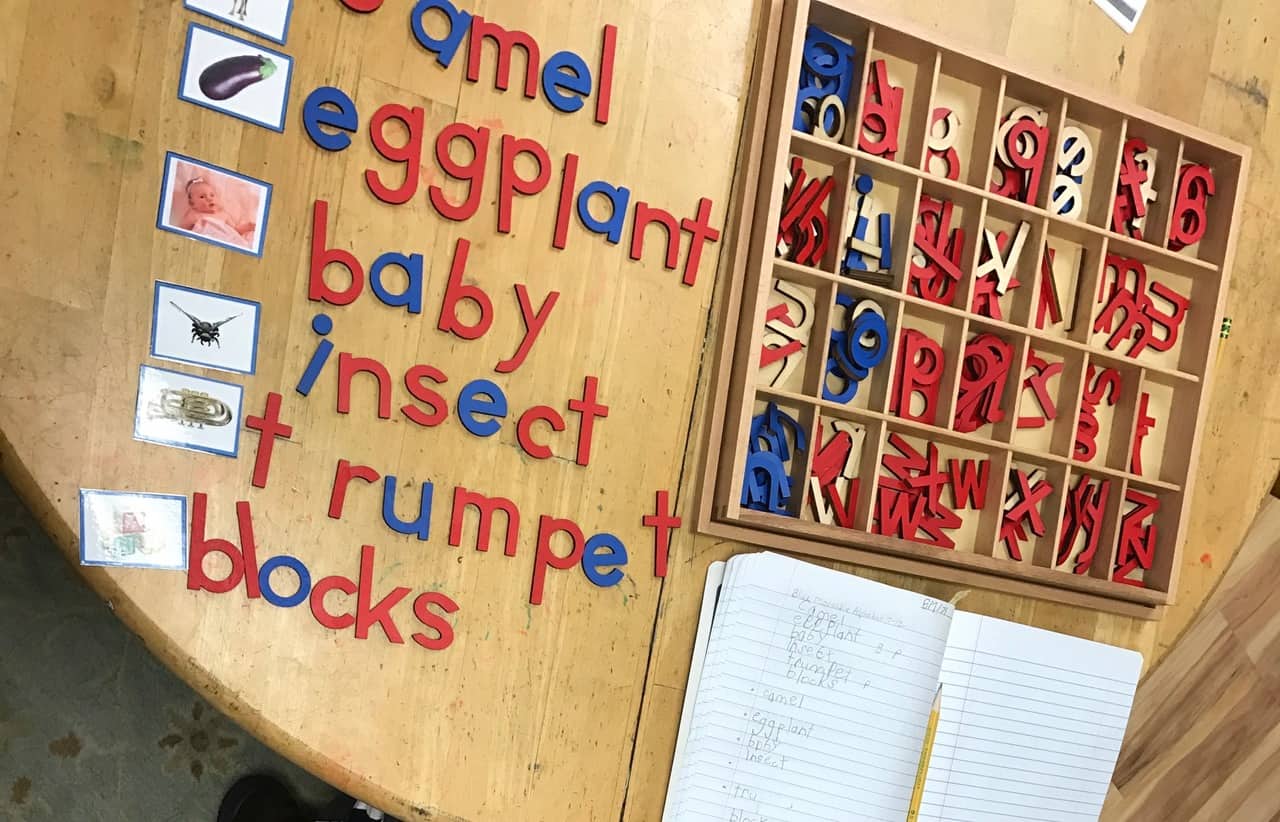
Language Arts Foundations
Reading is a joy and writing is a gift. The key to both is the wonder of language. Reading is the skill of decoding. Writing is the skill of encoding.
For the reader, decoding the mystery of words on the page demands not only understanding the phonics of language but comprehending the specificity of language in context.
For the writer, encoding words to form sentences, essays, novels, and poems is rooted in the discipline of mastering mechanics, grammar, and style.
Language Arts Foundations include:
Integrated reading and writing discovery exercises, weekly discussion circles, phonics and spelling exercises, word studies, and grammar.
Math Foundations
Math is a subject with infinite intriguing challenges that will, no doubt, offer bumpy stretches of road along the way. Math is a subject where routine is vital. Challenging our apprentices to press into the process of math with consistency and accuracy will develop confidence and competence.
Math Foundations include:
Exercises utilizing group lessons, individualized spiral and strand method practice, plus independent discovery using concrete manipulates for primary, elementary and middle school students.
Explorations
Simultaneous to Foundations, the student apprentice is given ample opportunity to experience learning and gain insight through interdisciplinary lessons. Students are introduced to a topic and that topic’s connectivity to other topics by the mentor during the Exploration workshop. Through investigation, experimentation, independent research, and creative projects, students explore information and utilize it in personally meaningful ways.
Explorations is the cluster of workshops where the apprentice engages in the true work of higher learning across four academic domains-Literature & Creative Composition, History & Geography, STEM, and Arts. Exploration workshops are designed to spark the creative impulse across academic domains, and help each student bring shape to an original idea. The goal of Exploration is to present high-level academic content that will challenge the apprentice to engage in Creative Critical Thinking (CCT). The foundational scaffolding of knowledge and ability provides the platform for the apprentice’s curiosity and inquiry to spark CCT. Once an original idea blossoms, mentors support their apprentices in the important work of bringing shape to his or her original idea.
Exploratorium Workshops
Explorations Workshops are longer learning periods at the Guild. Scheduled into the regular school day, during, these workshops provide the platform for mentors to introduce topics in the group setting and supervise the the individual work of research and creative projects.
Students in grades k-2 will be welcomed into an organic environment that provides rich opportunity for guided Exploration to promote the child’s curiosity and creativity in the following subject areas: ABCeDarian and the Wonder of Words, Phonics and Literacy, the Tradition of Literature, Math Lab, History & Geography, Science, and Arts. Exploration at this level is broad enough in scope to accommodate developmental differences that exist in young children.
Students in grades 3-9 take part in four Exploration Workshops throughout the week:
Literature & Creative Composition, STEM, History & Geography, and Arts.
